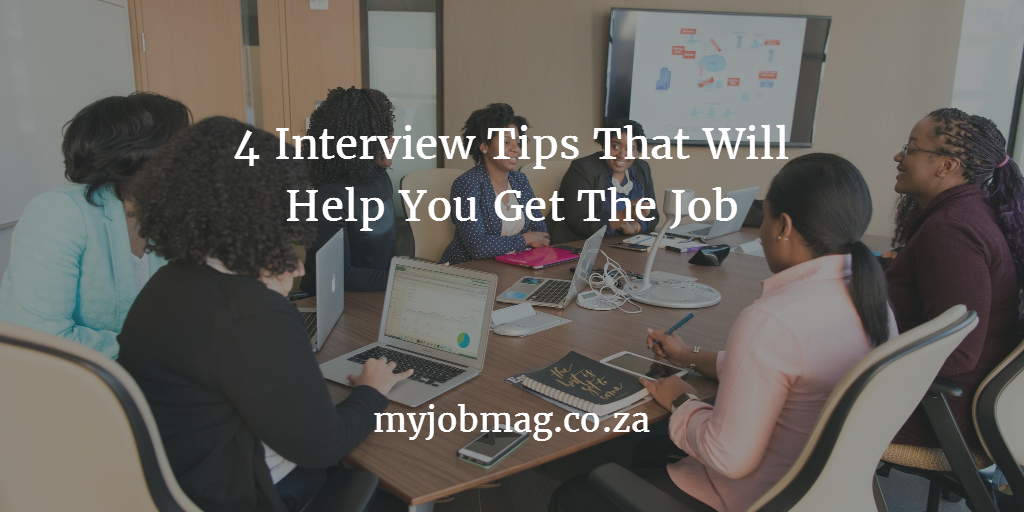 Interview Tips – Reminders and warnings
Interview Tips – Reminders and warningsWe all know interviewing can be stressful, especially now that soft skills are often times just as important as technical skills and experience. It’s
not uncommon for candidates who meet all the job requirements on paper to be passed over for someone who might have less experience but
who had better interview skills. How you conduct yourself and the things you say during your interview are the only opportunity you have to
impress. This article deals with interview tips- the more general arts of conducting yourself at the interview.
Interview Tip 1: Be polite and manage your nerves
No power on earth can prevent you feeling what you feel but if you have a framework of good manners, if you know how to behave and have practiced this situation, then all you need to do to manage your physical and emotional feelings is to calm yourself down a little, by breathing a
little more deeply and getting your attention of your mind, through your body and out into the room:
- Consciously slow your speech and deepen voice tone early in the interview at the more formal part ; you can lighten up later when rapport has been established.
- Follow their lead on matters of etiquette; don’t rush into the coffee; be sure to acknowledge everyone in the room; no need to be obsequious
Interview Tip 2: Be prepared and stay professional
Depending on the skill of the interviewer(s) the warm up period may be just passing time and you may get some trivial but unexpected
questions. As things proceed there could be any number of interviewing styles deployed and whatever happens your best strategy is to remain
resolutely the professional that you are.
- Be ready for relative trivia like ‘what’s your idea of a great weekend’ or unexpected openers: ‘why do you like the look of this job’
- Prepare answers to any trick questions you could think of, things like ‘why do you want to leave your present job’ and what are your worst weaknesses’
- Respond with questions of your own, based on the research you have done in advance, giving them a chance to talk about the company
- In moments of temporary confused you can ask them what is behind a particular question, ‘could you clarify what you’d like to learn here’
- Aggressive interviewers are probably just acting and looking for your response; staying calm and professional will impress them the most and if they really do try to belittle you take the initiative with a counter question of your own
- Watch out for really indulgent interviewers who encourage your negative traits and give you enough rope to hang yourself; never start swearing, criticizing or giving away secrets of your present employer
- ALWAYS stay with this truth: it is not the question that matters, nor is it your answer; it is what is behind the question and what the answer reveals about you
- Do not try any manipulation techniques you have learned in sales training or elsewhere; many interviewers have been trained to notice and counter these and some organizations will immediately reject you.
Interview Tip 3 : Leave a positive final impression
The way you say goodbye can leave a good impression for when they talk about you afterwards. Make sure that your handshake and smile are
really warm and say something about how stimulating you found the interview. I might briefly try to gauge their feelings by asking what happens
next (without being at all pushy).
If in these final words you can include some brilliant phrases that summarizes the path of the interview, again without leaning too hard on their
patience, then that would be in your favour too. Maybe something such as ‘I really like your plan for the new product roll –out strategy; it’s just
the kind of thing in have been working towards in the last two years… “They might, after you leave, be scoring the interview to help them
distinguish each candidate; a memorable moment or comment helps them to do that- and it doesn’t have to be spectacular.
Interview Tip 4: you do need to send Thank you letters’
In a world of automation and sophistication when you are dealing with trained, experienced and professional recruiters – it is dumb to believe
that you will actually persuade them to select you instead of a better candidate simply because you have good manners.
If you are closed to being recruited, you might just make the judgement call that a letter to jog their memory would be useful and show strength
of interest. If so, send it by email and keep it incredibly brief.
Fix on some aspect of the interview itself and remind them of it in a professional way that is barely obvious at all; say something like:
“I was particularly interested in the XTZ project and my mind has racing with further questions about the implications for the ABCD role…”
Once again, this is high risk and needs to be subtle. If you feel you must communicate and you aren’t sure what to say keep it polite and just say thanks, you enjoyed the experience and you are interested. If you have handled on the scenario, take it a little further.
You do not have to do this; so don"t prejudice your chances with something lame.
If you follow the above strategies, you'll be as prepared as any candidate an interviewer has ever seen. Good hunting, and good luck!

Staff Writer
This article was written and edited by a staff writer.
 Interview Tips – Reminders and warnings
Interview Tips – Reminders and warnings
Leave a Comment